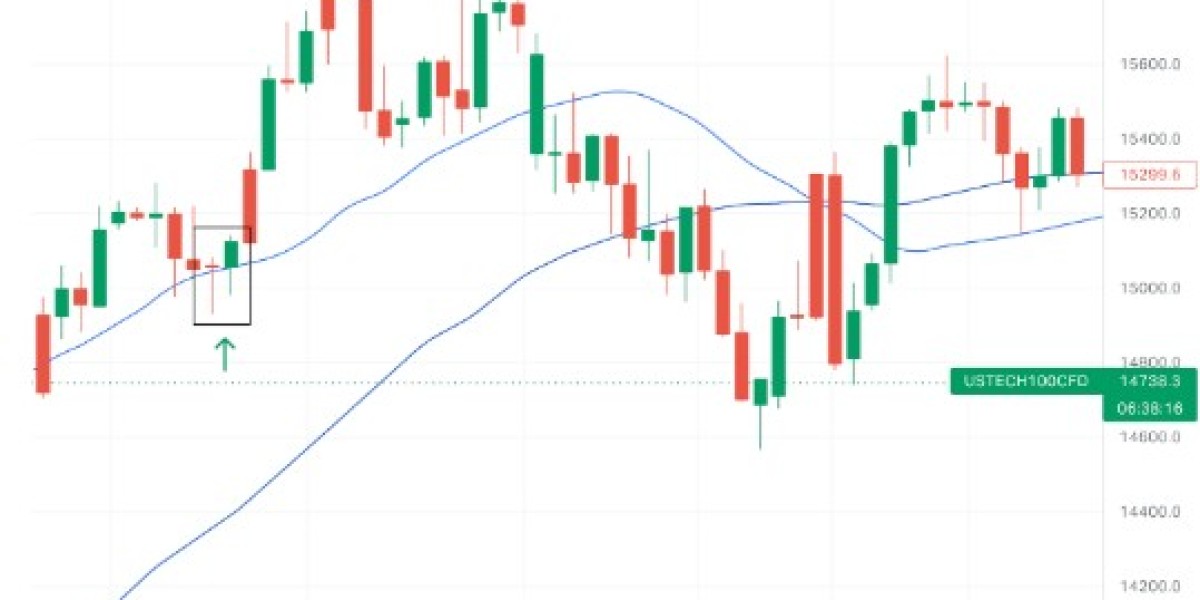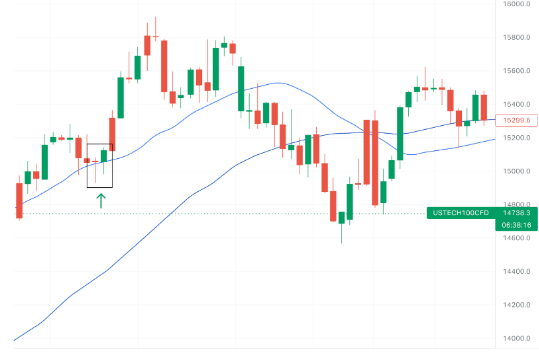New traders start their forex trading app experience by using demo accounts to build confidence while developing their trading plan. Moving from demo to live trading represents the ultimate challenge since it requires dealing with actual capital, together with considering real market risks, along emotional reactions. The transition represents a critical point in your path toward becoming a successful CFD trader.
The demo account provides a protected simulated trading system that uses virtual funds instead of actual money. The account provides complete protection from financial losses and eliminates the need to rush trading decisions due to emotions. The protective buffer provided by demo trading disappears after you move to a real account. Your heart races during losses. Your hand hesitates at execution. The edge of your mental control becomes exposed at this moment.
The truth? Most losses in actual trading stem from psychological weaknesses instead of faulty analysis. The majority of traders who start live trading operations end up losing their funds during the first half-year of actual trading. Their emotional unpreparedness stands as the cause of their trading failures instead of knowledge deficits.
Five Major Differences Between Demo and Real Trading
The demo environment provides an easy path to positive performance. Live trading systems present additional complications, together with increased mental stress. Before investing capital, traders online trading platform need to understand how demo trading differs from real trading to achieve success.
Take the case of Mr. Zhang. During his demo account sessions, he applied stop-loss rules consistently. His real trading account performance suffered due to stop-hesitancy and a larger risk tolerance, which resulted in tripled losses. Why? Real capital forced him to change his trading conduct.
Psychological Challenges You Must Prepare for in Live Trading
Strategic planning fails to be the primary obstacle facing the transition from demo to live trading, but psychological barriers play the leading role instead.
Three main psychological challenges in live trading that need examination.
Your fear of losing money leads you to close positions early or fail to take valid opportunities because of your nervousness.
After securing a few victories, you enhance your trading lot sizes without establishing clear objectives.
Revenge trading occurs when you attempt to recover losses by making hasty double-staking bets.
FOMO drives you to enter trades too late, so you discard your trading plan.
Ms. Li started her live trading journey with discipline as a demo trader but lost money early during her first trades. Her irritation led her to risk a larger amount in the following trade, which resulted in a new loss. Her emotional distress caused her to lose all funds within seven days.
Real Trading Stories: Successes and Failures
The human experience in trading finds recognition through stories that depict the wide range of emotions traders encounter in their daily activities.
Success Story 1: A trader initiated their live trading operations with $150 by applying a 1% risk per transaction. Their trading equity maintained a stable performance during the four months. The secret? Discipline combines with a trading journal along with emotional control.
Success Story 2: A part-time trader from Latin America avoided FOMO by sticking to one setup. Though she only traded 2–3 times per week, her win rate improved steadily. Live trading risk management became second nature.
Failure Story: A beginner trader started trading with $1,000 deposited funds while employing elevated leverage due to their demo trading success. After achieving two small wins, he increased his position amount by 100% until one loss eliminated 80% of his available funds. The absence of proper structure, together with weak emotional control, caused trading systems to fail.
Conclusion
To successfully transition to live trading, you will need more than just obtaining funding because it requires an entire mindset transformation. Demo accounts teach mechanics. Live accounts teach psychology. Your real competitors during trading are emotions, together with hesitation and impulse.
Succeed in your CFD trading journey by creating an organized step-by-step approach. Use a small capital CFD trading account. Track your trades. Review your mindset weekly. And above all, stay disciplined.
The time is right to develop your Mini Live Plan. Open a small live trading account to execute your initial genuine trade. Our free CFD education library is available for subscription if you want to prepare yourself further.









